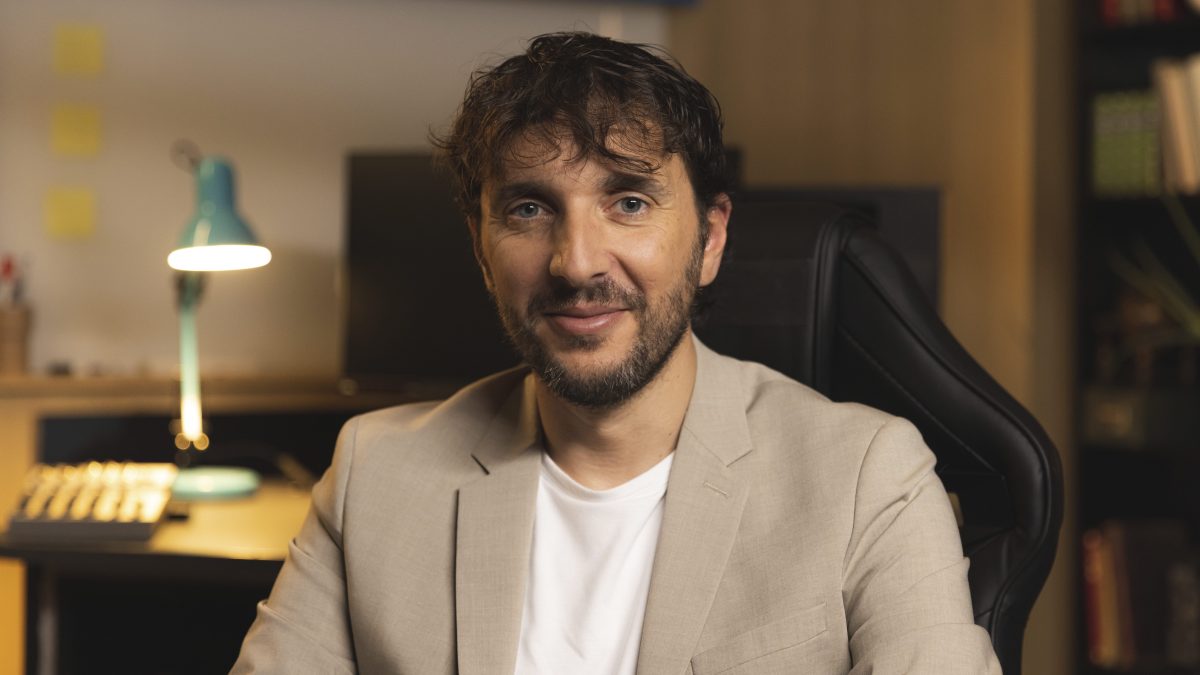Not only does it facilitate the exchange of ideas and collaboration between colleagues, but it also contributes significantly to the success of the individual and our environment. In a world where human interactions are essential for progress and productivity, mastering effective communication becomes a crucial soft skill.
But what is effective communication? In reality, it is something as simple as it is complex: it implies transmitting a message in a clear, precise and understandable way, generating mutual understanding between interlocutors. And when we manage to achieve this, we find the key to overcoming other negative aspects of our current working environment: specifically, the impostor syndrome. This psychological phenomenon, which affects mostly women, is characterised by those feelings of self-doubt and negative self-evaluation that can affect talented and competent people in the workplace. Clear and open communication, effective communication, can help to counteract these feelings by providing constructive feedback and appropriate recognition of achievements.
It also helps to overcome another, perhaps somewhat more unknown effect: Dunning-Kruger. Or, put another way, that tendency of some people to overestimate their competence. Providing honest and constructive feedback can help people understand their strengths and weaknesses, thus encouraging more balanced professional development.
Finally, there would be its effect on conflict management; a crucial point in work environments. Disagreements and tensions are inevitable in any team, but effective communication can turn these conflicts into opportunities for growth and problem solving. The ability to express ideas clearly and actively listen to others’ perspectives is essential to finding mutually beneficial solutions and maintaining harmony in the workplace.
So how does one train effective communication?
Self-awareness is key. Understanding how we communicate and how we are perceived by others is the first step to improving our communication skills. This involves being aware of our body language, tone of voice and choice of words.
Secondly, active listening is essential. This involves not only hearing what is said, but also understanding the meaning and responding appropriately. This requires concentration and empathy to understand the needs and concerns of others. At this point, it is crucial to practice clarity and conciseness in communication. Avoiding ambiguity and expressing ideas directly and coherently helps to avoid misunderstandings and facilitates more effective communication.
Another important aspect is the development of feedback skills. Providing constructive feedback in a respectful and specific manner helps to foster professional growth and development in both oneself and others.
Finally, constant practice is key. Effective communication is a skill that is honed with time and experience.
Molo Cebrián’s tips
Molo Cebrián, protagonist of Mejor Conectados, an initiative of Telefónica, is a leading figure in the field of communication and psychology, recognised for his work as a podcaster. Through his successful podcast Entiende Tu Mente, as well as other innovative projects in the world of podcasting, he has managed to reach a wide audience and share his wisdom on effective communication and interpersonal relationships.
One of the key distinctions Molo Cebrián makes is between effective communication and assertive communication. In her talk with Better Connected, she stresses that we live in a society that tends to polarise easily, but that adopting a ‘greyscale’ mentality can lead to more tolerant and effective communication. Effective communication, according to Cebrián, is achieved by putting aside a lack of empathy and ensuring that the message is conveyed without interference or misunderstanding.
To achieve effective communication, Cebrián focuses on one basic piece of advice: he emphasises the importance of assertive communication, which requires mental strength, following the example explained by Rafa Nadal in Better Connected, and the ability to express our needs and opinions in a clear and respectful way. She also stresses the need to recognise and exercise our assertive rights, such as the right to change our minds, which contributes to a more open and constructive dialogue.
Molo Cebrián offers a series of tips and strategies covering a wide range of contexts, from the workplace to personal relationships, aimed at improving effective communication. Her focus on empathy, assertiveness and mutual respect provides a practical and comprehensive guide to making meaningful connections and resolving conflicts constructively, encouraging










